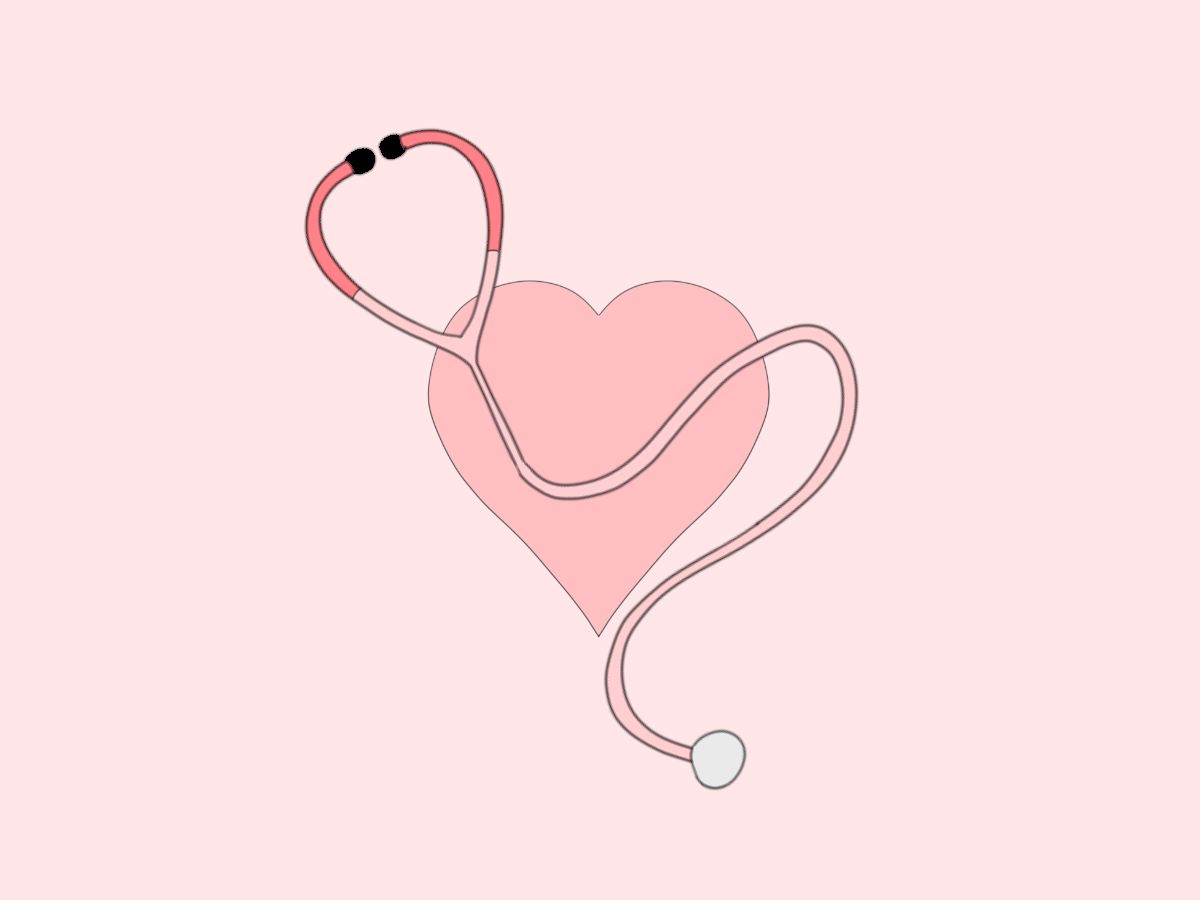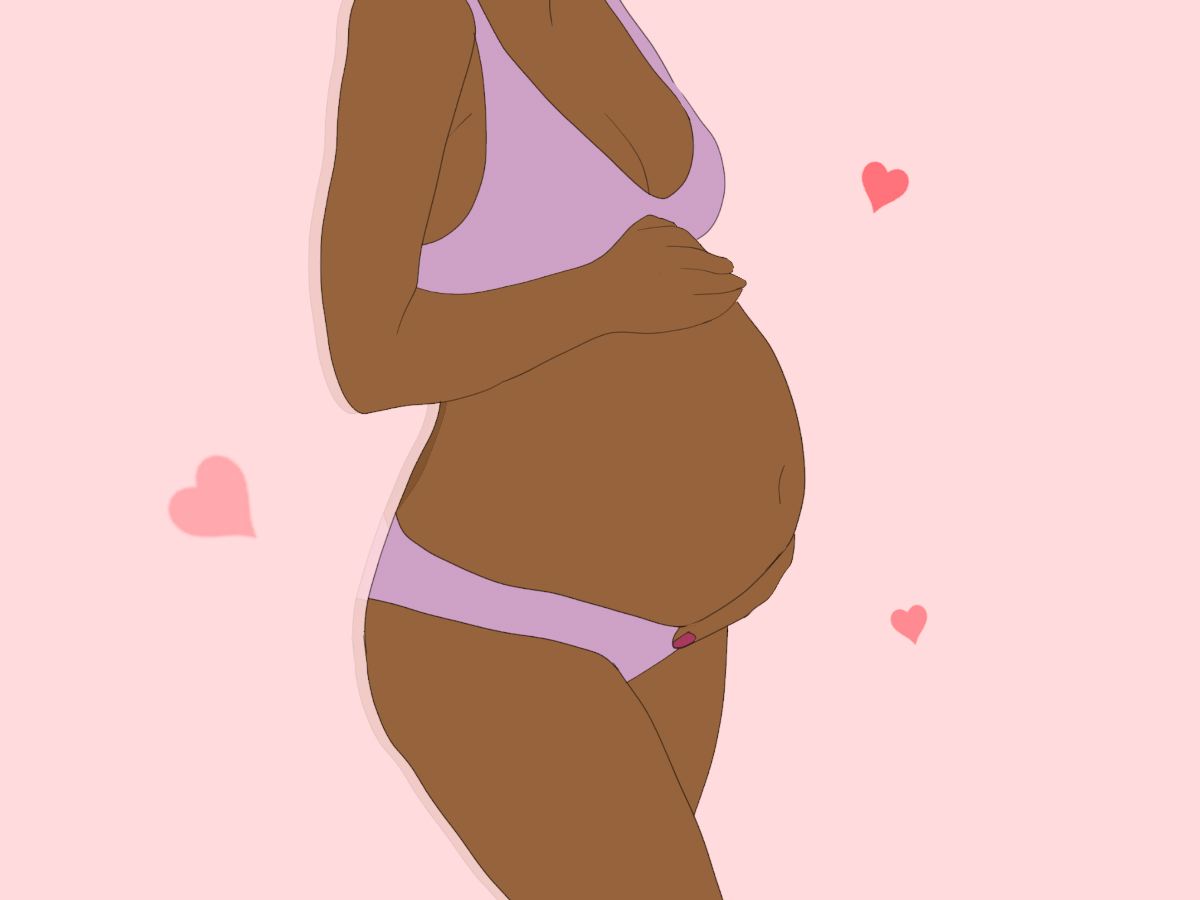Recently it has hit the headlines that the pandemic is to blame for the lack of midwife support. A new BBC article states, “I understand the NHS is under terrible strain, but I do believe that the coronavirus has taken preference over everything else.”
But how surprised would people be when finding out that things are being made even more difficult by the removal of Independent Midwives’ (IM) insurance, forcing more and more people to use NHS services when they may not have wanted to.
With the government being notified of the absence of self-employed midwives’ insurance product, they refused the request for assistance, stating that it was “not good use of public funding”. For the past two years, independent midwives have been using an American insurance provider but this provider left the UK market. As a result, since June 2020, self-employed midwives have not been able to provide labour and birth care to women wishing to use their services.
With a 2014 legislation meaning any midwife wanting to work self-employed and outside the NHS would need indemnity insurance, it became almost impossible for midwives to obtain. From last year, self-employed midwives have seen premiums rise to £7,500 per birth, creating a wealth divide between those who can access their services and those who cannot. Neither women nor midwives want this.
During the pandemic, hundreds of women have not wanted to enter hospitals. They have been wanting to give birth at home, with an independent midwife by their side. By removing IM’s insurance, it is now looking rather costly for women to access them, creating a class divide that neither mothers nor midwives want.
Childbirth Choices Matter

Childbirth Choices Matter is a collection of independent midwives, doulas and NHS midwives who are hoping to raise £3 million to create their own insurance indemnity. This is so they can support IMs in getting back to work and, ultimately, giving women back their choice in how they give birth.
But what’s the difference between a midwife and an independent midwife?
“Independent midwives are self-employed. They are not private midwives. IMs work for women and do not have an employer so can use up-to-date evidence specific to their client’s needs as opposed to employers’ rules and guidelines which may not be evidence-based,” begins Jacqui Tomkins, CCM founder. “They mostly work with women in their homes, providing homebirths. And occasionally hospital, as support only”.
As registered health professionals that are regulated by the Nursing and Midwifery Council (NMC), IMs negotiate on a woman’s behalf with senior maternity colleagues, ahead of labour, to agree birth plans and location. Prior to COVID-19 restrictions, IMs would remain with women throughout their labour, in hospital, acting as on-site advocates – an unbelievably valuable role from women’s perspective.
Self-employed midwifery compliments rather than competes with the overstrained NHS
There are approximately 100-150 IMs across the UK. But since the loss of insurance in June 2020, this has reduced with midwives retiring or looking for alternative employment. However, Tomkins reveals that they have had 1,500 expressions of interest to become self-employed once the insurance issue has been resolved.
“The average IM caseload is roughly 12 births a year which equates to 1,200-1,800 births annually. The same as one and a half NHS birth centres,” states Tomkins. “Overall, the homebirth rate for the UK is 2% and falling, despite tonnes of evidence demonstrating its safety and benefits. Women are not not asking for homebirths; health professionals are just refusing to recommend it or acknowledge the evidence for reasons I can only surmise is due to misplaced bias.”
CCM founder, Kay King, continues, “NHS midwifery services are under so much strain right now that they are pulling services, such as home birth services and the right for women and birthing people to have a partner with them at birth. Self-employed midwifery compliments rather than competes with NHS midwifery. We need to ensure that women and birthing people have as much choice as possible in childbirth. One of the ways that we can address this quite immediately is to get the 150 self-employed midwives that are currently not working back into work. It will allow for increased choice for women and birthing people to return to having home births.”
Women have the right to safe and personalised maternity care
As an IM, adapting to clients’ needs is at the forefront and is an easier choice to be made. Alice, an IM from the UK, states, “I get to manage my time more effectively to suit both me and my clients. This means I can choose how much time I spend per pre or post-natal visit and I get to adapt to the needs of my clients better. It’s a win-win situation. I develop a relationship with my clients based on trust as we see each other throughout the pregnancy and post-natal period. This means issues which might be hard to address when meeting someone for the first time are more easily tackled (e.g., postnatal depression) and my clients know who is responsible for their care at all times.”
CCM’s need to unite and campaign to protect women’s birthing choices, and for midwives to be able to provide maternity care that is personalised and safe, is now a matter of emergency, particularly during the global pandemic for several reasons.
With now a more crucial time than ever for women to have choice over their birthing rights and the NHS already overworked due to the pandemic, CCM are looking to raise money to support more midwives looking to work independently and support more women who need independent midwifery.
You can donate to the campaign here.
Find more lifestyle articles here >
Written by Jasmine Hodge
Illustrated by Francesca Mariama

